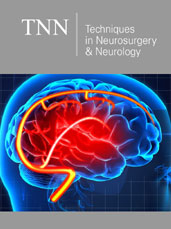Monitoring Cardiovascular Disease Progression by Jay N Cohn* in Open Journal of Cardiology & Heart Diseases_ journal of cardiology & heart diseases

Abstract
Cardiovascular disease
management guidelines and therapeutic trials are traditionally driven by
efforts to reduce morbid events over a finite period of time, often the 10-year
outcome that forms the basis for most algorithms aimed at defining risk [1,2].
This relatively short interval in a person’s life mandates that trials focus on
advanced disease with high shortterm morbidity that will make it possible to
identify a favorable effect of an intervention. This restriction makes it
impractical to study early disease, when an intervention might be dramatically
effective in prolonging life but will have too few morbid events over 5 or
10-year period of time to demonstrate effectiveness of therapy.
A proposed solution to this
problem is to aim therapy not exclusively at morbidity reduction but rather at
disease progression which should be a forerunner of morbid events. We have been
utilizing a non-invasive evaluation program in our centers in Minneapolis, MN and Sarasota,
FL over the past 20 years (Minneapolis) and 10 years (Sarasota) in order to
identify early disease in need of treatment and to track disease severity to
monitor progression. Our experience has convinced us that early vascular or
cardiac disease detection is of great value in detecting, monitoring and
treating cardiovascular disease
https://crimsonpublishers.com/ojchd/fulltext/OJCHD.000552.php
Crimson
Publishers: https://crimsonpublishers.com/
For more articles in journal of cardiology & heart diseases,
Please click on below link: https://crimsonpublishers.com/ojchd/


